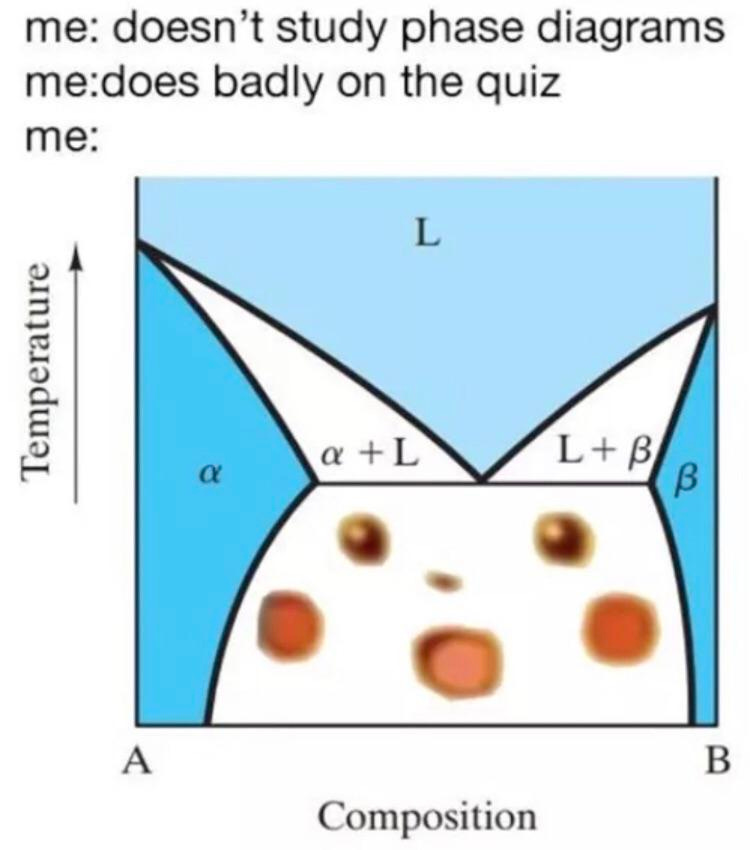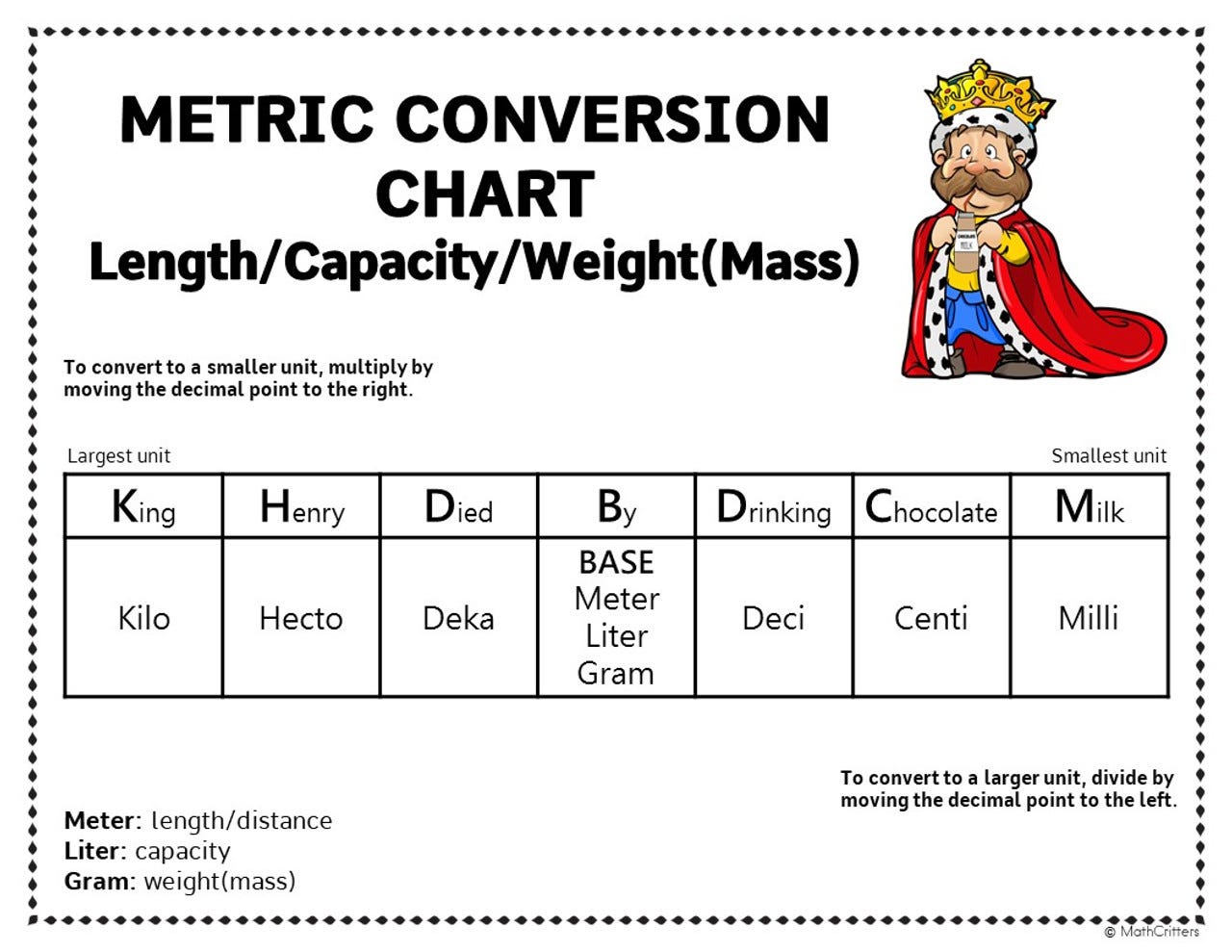ENGG 201 is a unique course giving an introduction to the behaviour of fluids and solids; phase transformations, the phase rule and phase diagrams. Ideal and real gases; equations of state and their engineering applications. It is meant to be a brief glimpse into the nuances of designing flow systems. In this mini-article, we'll share some effective study tips to help you succeed from a 201 PASS Leader.
⚛️ How do you Study for ENGG 201?
How did you prepare for this exam in first-year?
I strongly believe in a proactive approach to study rather than reactive; consistency is key.First, I determine the topics that will be covered on the upcoming exam and which ones I struggle to understand. For these, I read the textbook sections, rewatch lecture videos, or ask friends until it makes sense. If needed, I even email TAs or go to office hours to talk to the professor.
Once I understand all the topics, I schedule daily study time for the course. This includes completing practice exams, working on topic-specific practice problems from the textbook, and other related exercises.
To track of my progress, I take summary notes throughout the course. Also, I often collaborate with my peers in studying for the exam.
The weekly review, the checking for understanding of topics, the practice exams and targeted topic practice, and regular PASS attendance are all examples of proactive practices for studying and review. To improve your current study habits, try adding some proactive strategies in.
How did you approach memorization and retention of information?
I don't tend to memorize information purposefully for exams, unless it is truly necessary. With ENGG 201, I did so much practice that I began to unintentionally memorize constants and formulas, just because of the sheer amount of practice I did. This helped me retain "momentum" throughout a question by not having to check the formula sheet as much.How did you manage your time and stay motivated when studying? Was procrastination a challenge?
I used Outlook's calendar to manage my time but didn't schedule specific blocks. Instead, I labeled the task and set the time portion to "all day" to remain flexible (eg. ENGG 201 F18 Final Exam practice exam). This approach kept me motivated as each completed task became a mini checklist. I got a lot of satisfaction out of deleting items on my daily checklist once I had finished them. Procrastination was always a challenge, but I take breaks, have a snack, or treat myself after completing a task to replenish my brain.
Is there a study technique you recommend NOT using for this course?
I do not recommend rushing through all of the practice exams right before the exam. Spread those out in the week or two before the exam. I also don't recommend bringing in exact solutions to certain problems on your cheat sheet unless you clearly identify which scenario it can be used for. It may confuse you!Are there any major tips or strategies you would recommend to students struggling with this subject?
If you're enrolled in ENGG 201, that means that you were admitted into the University of Calgary, and into Engineering as well. That means that you're already a great student! Never forget that.I personally like studying with friends, and one of my favorite things to do is to question everything they explain. It really helps me pinpoint where I'm struggling with a topic or problem and how I can fill in those gaps. Plus, it's a great way to help my friends reinforce their understanding too! I make sure to ask questions about everything, even stuff I already know, to help my friends figure out where they might be struggling. Takeaway: “always question everything they say”
📚 Valuable Resources for ENGG 201:
Professor Dave Explains: Tons of great explanations on YouTube
Learn ChemE: Great channel for practice problems and worked out solutions
First year time management tips
Provided practice problems and past midterms/finals
Go through the practice questions/ PASS reviews on D2L, labs, etc.
📎Last Minute Exam Tips:
Before starting to solve questions, look through the questions and think of how you would approach them. Read carefully.
Identify the type of question and what unit it is associated with; ensure you are able to understand the common questions for each unit.
Show all your work and WRITE YOUR UNITS IN ALL STEPS!! (convert if needed)
Remember sig dig rules!
📃 Cheat Sheet Tips:Do not copy down equations that you know will be on the formula sheet! If you do make sure you write down what each symbol means.
Remember STP and SATP conditions!
Include theory based concepts (eg. Ideal Gas Assumptions and exceptions)
Add unit conversions! Don’t forget King Henry
Bring graphs or diagrams that might not be given to you. So you solve multiple kinds of problems.
If you struggle with a certain type of problem add the question and the steps on how to approach it! (Raoult’s law is highly recommended)
Get comfortable using your cheat sheet and the formula sheet together!
Breathe, you can do this :)
Thank you so much for reading, we hope you found this this article to be informative and enjoyable. May the flow be ever in your favour.
- T.T.E Team





